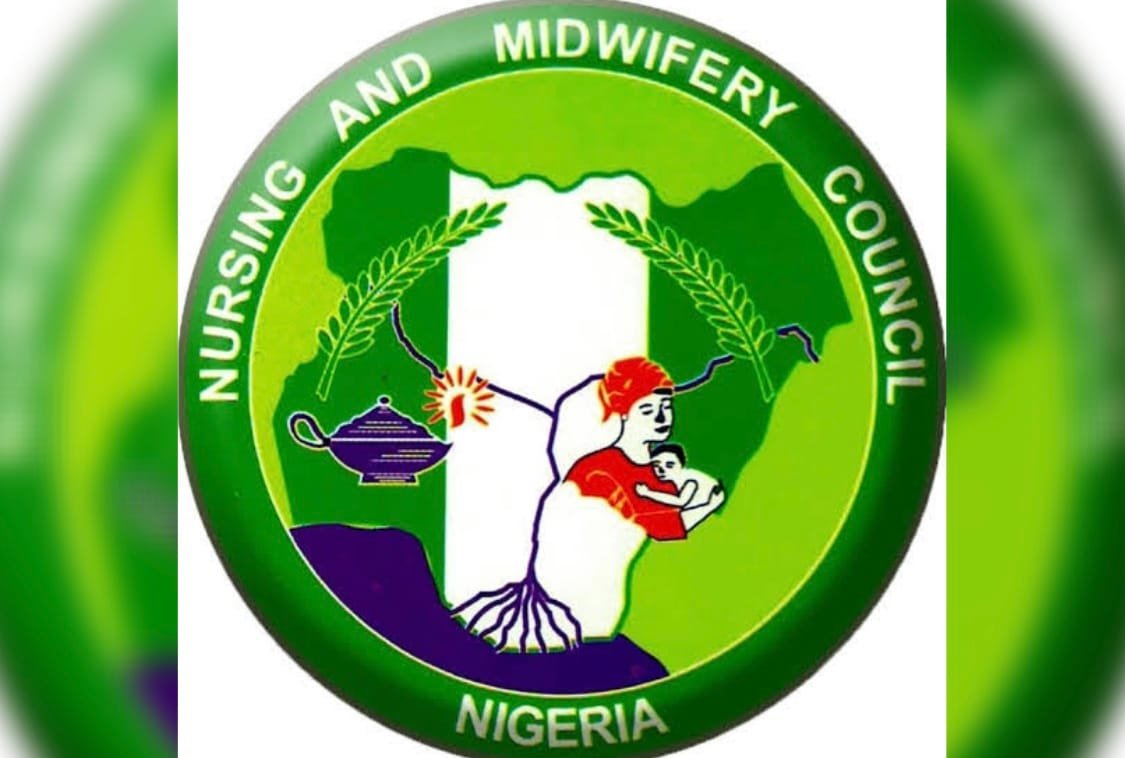[ad_1]
The Nursing and Midwifery Council of Nigeria (NMCN) has identified a low budget and absence of trained midwives as the major constraint to achieving zero maternal mortality in Nigeria.
The council’s registrar, Faruk Abubakar, said this during an interview in Abuja on Friday, during the 2023 International Day of the Midwife.
Speaking on the 2023 edition’s theme, “Together Again: From Evidence to Reality”, Mr Abubakar said Nigeria could achieve zero maternal mortality with increased commitment and political will.
He encouraged states and local governments to also work toward training nurses and midwives and not to leave the responsibility to the federal government alone.
He said, “If all the three tiers of government remain committed, achieving zero maternal mortality is possible.”
Mr Abubakar said the council had increased the admission quota of students into midwifery schools, colleges and faculty of nursing in schools.
He stressed that “the major challenges of the council are inadequate budgetary provision and shortage of manpower.”
The registrar reiterated the council’s commitment to having healthy mothers and babies in the country.
He said that a nation with healthy mothers and infants would enable less or zero incidences of diseases, and that would allow mothers and women generally to be productive and contribute their quota to nation-building.
Mr Abubakar, who disclosed that there is no formal collaboration between Traditional Birth Attendants (TBA) and trained midwives in the country, however, said NMCN had been training midwives to replace the TBAs.
He said, “This is why we introduced community midwives to work in rural areas’ there is no collaboration, but rather if we train them and they are available, that is better.”
Meanwhile, the UN Population Fund (UNFPA), in its statement to mark the 2023 International Day of the Midwife, said Nigeria needs 70,000 more midwives to close the shortage gap.
The statement indicated that the Fund’s Executive Director, Dr Natalia Kanem, quoted the 2021 State of the World’s Midwifery Report as putting the shortage of midwives in the country at 30,000, which is six per 10,000 people.
“To close the gap by 2030, about 70,000 more midwives are needed, but with current estimates, only 40,000 more will be created.
“This shortage is particularly acute in Northern Nigeria where essential needs for maternal and reproductive healthcare are unmet.”
(NAN)
[ad_2]
Source link



